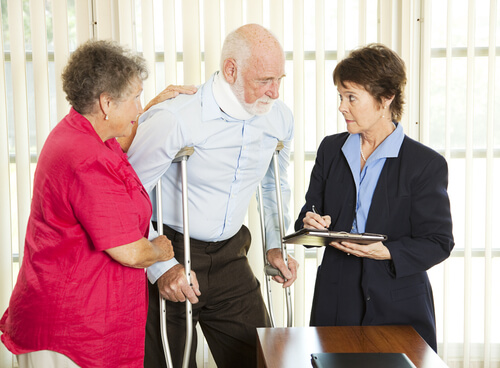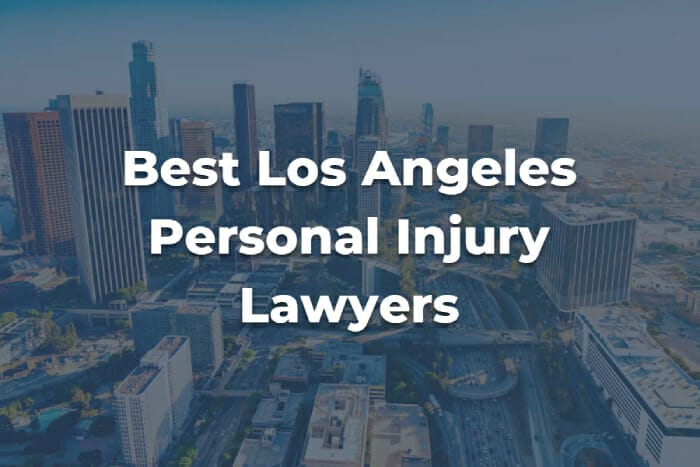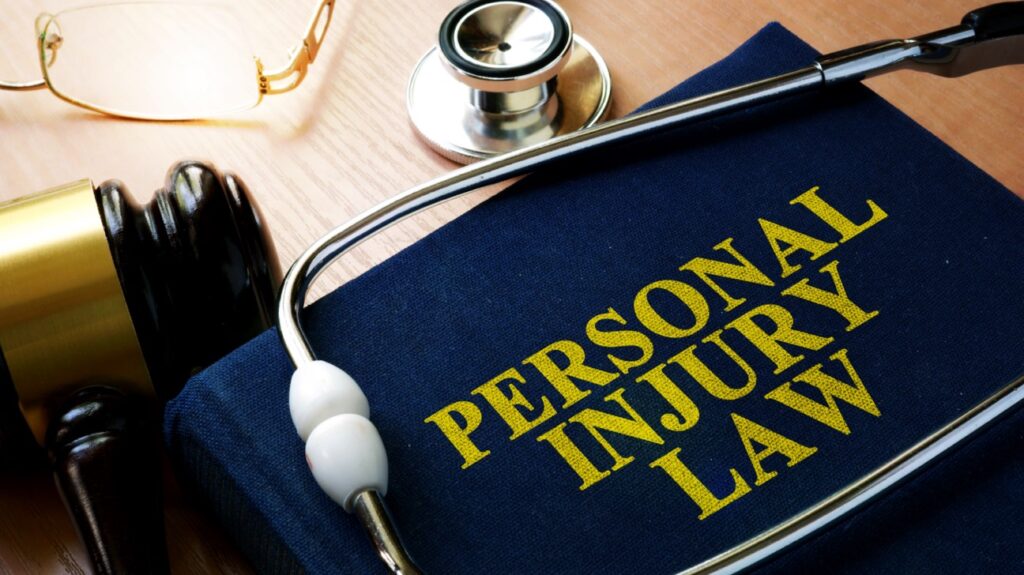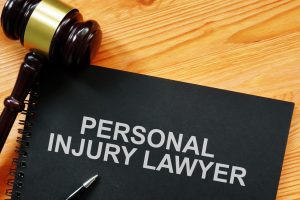If you got hurt in an accident in Los Angeles, finding the right lawyer should be a top priority. Choosing an experienced lawyer for your case can help you get full and fair payment for your injuries, pain, and suffering.
With so many lawyers to pick from, finding the best personal injury lawyer in a big city like Los Angeles may seem hard. But by checking their experience, reviews from others, and case results, you can feel good about your choice.
This guide will walk through what to look for in choosing a personal injury lawyer in LA. We’ll cover the types of cases, what qualifications to look for, and tips for evaluating lawyers to find the right fit. With the right lawyer on your side, you can make the legal process as smooth as possible.

Types of Personal Injury Cases
The first step is learning about the different kinds of personal injury cases lawyers work on. Personal injury is a wide category with lots of accident and injury types. It’s important your lawyer has experience with cases like yours.
Here are some of the main types of personal injury cases in Los Angeles:
Car Accidents
Car accidents are one of the most common types of personal injury cases. Within car accidents, there are several potential scenarios, including:
- Rear-end crashes: when someone hits the back of your stopped vehicle. Can cause whiplash and other soft tissue injuries.
- Head-on collisions: when two vehicles hit head first. Can cause brain injuries, spinal cord damage, and broken bones.
- Hit and run: when the at-fault driver leaves without giving their information. It is hard to find out who was liable.
- Drunk driving wrecks: crashes caused by a drunk driver Often really severe injuries. The drunk driver may have to pay extra punishment.
Premises Liability
Premises liability refers to accidents that happen on someone else’s property due to unsafe conditions. Common scenarios include:
- Slip and fall: tripping on a wet floor, loose carpet, or other dangerous conditions Falls can result in fractures, head injuries, back injuries, and more.
- Inadequate security: being assaulted or attacked due to poor lighting, a lack of guards, etc. The property owner may share liability.
Types of Personal Injury Cases
Car Accidents
Premises Liability
- Slip and fall
- Inadequate security
- Failure to warn: Lack of signs or notices about hazards can make the property owner liable if an injury occurs.
Medical Malpractice
- Surgical errors: mistakes made during surgery like puncturing organs or leaving surgical equipment inside the body.
- Misdiagnosis: failure to properly diagnose a condition that leads to further injury or harm.
- Childbirth injuries: preventable injuries to the mother or baby during the birthing process
Product Liability
- Defective products: injuries caused by manufacturing defects like faulty airbags or flammable materials.
- Faulty parts cause component failures like tire blowouts or broken seats. The product manufacturer may be responsible.

How to Choose the Right Personal Injury Lawyer
- Experience: The number of years a lawyer has been practicing personal injury law is important. But more crucial is their experience with your particular type of case, like car accidents, medical malpractice, etc.
- Reputation: A lawyer’s standing in the legal community and track record of results for past clients are indicative of their quality. Look for honours, awards, and membership in legal groups.
- Communication skills: Your attorney should clearly explain your case and options, listen to your needs, and keep you updated on progress. Good communication helps build trust.
- Dedication: Opt for a lawyer who is committed to getting the maximum recovery and who has the motivation, resources, and track record of outstanding results.
- Fees: The billing structure for personal injury cases varies. Some charge hourly fees, while others take a percentage of your settlement. Understand the options.
Location and convenience
- Office location: For ease of meetings, look for a lawyer with an office located in the LA metro area.
- Virtual options: Many firms now offer phone, email, and video conferencing in addition to in-person meetings. Provides flexibility.
Key Credentials and Qualifications
In addition to experience and reputation, there are key credentials to look for:
- Licensure: An active license to practice law in California is mandatory. Use the State Bar of California website to verify your status.
- Bar association membership: Many personal injury lawyers belong to voluntary bar associations that require expertise, continuing education, and promoting high ethical standards.
Key Credentials and Qualifications
- Licensure: An active license to practice law in California is mandatory. Use the State Bar of California website to verify your status.
- Bar association membership: Many personal injury lawyers belong to voluntary bar associations that require expertise, continuing education, and promoting high ethical standards.
- Board certification: Some lawyers earn board certification in personal injury law, which shows a high level of experience and knowledge.
- Disciplinary issues: Check for any disciplinary actions against the lawyer, like license suspension or malpractice claims.
Reviews and Results
Reviews and case results can further demonstrate a lawyer’s skills and track record.
- Client testimonials: Many firms feature reviews from past clients describing their experience and satisfaction. These can provide valuable insight.
- Settlement results: Ethical lawyers will provide information on their past case results, like average settlement amounts and success rates. This sheds light on what they may obtain for you.
- Memberships: Membership in selective professional organizations like the Los Angeles Trial Lawyers’ Association shows a level of credibility and respect among peers.
Other Factors to Research
Some additional aspects to look into when vetting lawyers are:
- Educational background: where they went to law school and any academic achievements can reinforce their qualifications.
- Size of law firm: This impacts the level of staffing and resources available for your case. Make sure to understand the pros and cons.
Other Factors to Research
- Educational background: where they went to law school and any academic achievements can reinforce their qualifications.
- Size of law firm: This impacts the level of staffing and resources available for your case. Make sure to understand the pros and cons.
- Individual attention: If working with a larger firm, get a sense of how much direct access you’ll have to the lead lawyer versus associates or staff.
Final Tips for Choosing a Lawyer
- Consultation: Schedule initial consultations, prepare questions, and look for lawyers who listen carefully and provide clear guidance.
- Instincts: Beyond qualifications, you want an attorney you feel comfortable with and can trust to fight for maximum compensation.
- Comparison shop: interview multiple lawyers before deciding. This gives you a sense of the options and who is best suited for your needs.
Conclusion
After a personal injury, finding the right lawyer is crucial, but it need not be overwhelming. Focus your search on lawyers with extensive experience handling your specific type of case. Verify credentials, like licensure, and check reviews to evaluate quality. Meet for consultations and follow your instincts to pick the lawyer who makes you feel most assured of a successful outcome. With the right attorney by your side, you can focus on recovery while they work diligently to pursue fair compensation.




